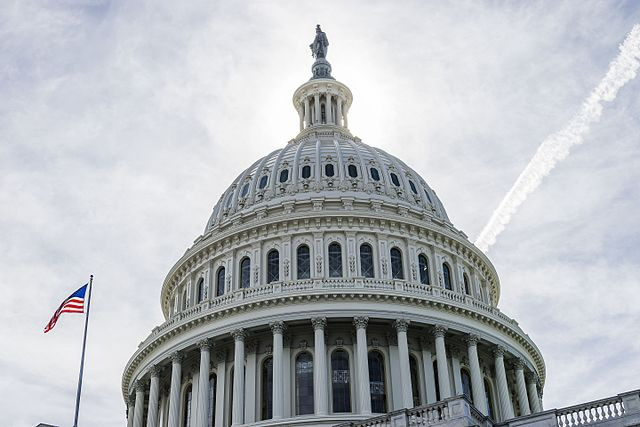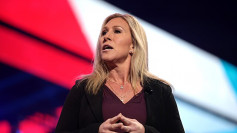Republican lawmakers, already incensed over antisemitism on college campuses, are now directing their attention to elementary and high school administrators in the wake of the Israel-Gaza conflict. On Wednesday, a House Education and the Workforce subcommittee will question school officials from California, New York, and Maryland about what conservatives describe as a streak of hateful rhetoric in K-12 schools that has intensified during the ongoing conflict in the Middle East.
The subcommittee, chaired by Florida Republican Rep. Aaron Bean, has called on Berkeley Unified Schools Superintendent Ford Morthel, New York City School Chancellor David Banks, and Montgomery County School Board President Karla Silvestre to testify about their districts' handling of alleged antisemitic incidents. "Antisemitic incidents have exploded in K-12 schools following Hamas' horrific October 7 attack," Rep. Bean told CBS News. "This pervasive and extreme antisemitism in K-12 schools is not only alarming - it is absolutely unacceptable."
Each of the three school districts represented at the hearing has a large Jewish student population and has faced complaints about their response to alleged incidents of antisemitism. The Anti-Defamation League and the Louis Brandeis Center have submitted a complaint against the Berkeley school system, alleging that some children have experienced "severe and persistent harassment and discrimination on the basis of their Jewish ethnicity, shared ancestry, and national origin, and whose reports to administrators have gone ignored for months."
Similarly, the Zionist Organization of America recently filed a civil rights complaint against Montgomery County Public Schools, claiming a failure to properly address antisemitic incidents in its schools. New York City also faces a civil rights complaint from the Brandeis Center, alleging a "failing to address persistent antisemitism against teachers."
While the school district leaders have agreed to testify voluntarily, some Democrats and school officials argue that the proceedings are designed to score political points rather than serve a more productive purpose. "I would ask for Congress to figure out a way to bring people together from across the nation, to help to solve for this insidious level of hate," New York City School Chancellor David Banks recently told reporters. "Putting a spotlight on any particular individual and sometimes trying to create gotcha moments and viral moments is not how you ultimately solve problems that you deeply care about."
In preparation for his testimony, Banks has engaged with various officials, including the agency's general counsel, deputy chancellors, members of the senior leadership team, City Hall officials, and the city Law Department. He has also watched previous hearings where lawmakers grilled presidents of elite universities and expressed confidence in his ability to handle questioning from House lawmakers.
The Berkeley Unified School District, in a written statement, said that Superintendent Morthel "did not seek" to testify but has accepted the invitation to appear. A district spokeswoman emphasized, "We strive every day to ensure that our classrooms are respectful, humanizing, and joyful places for all our students, where they are welcomed, seen, valued, and heard."
Montgomery County Public Schools did not respond to a request for comment about Board President Silvestre's planned testimony. However, the district's publicly posted policies on religious diversity state, "Each student has a right to his or her religious beliefs and practices, free from discrimination, bullying or harassment."






